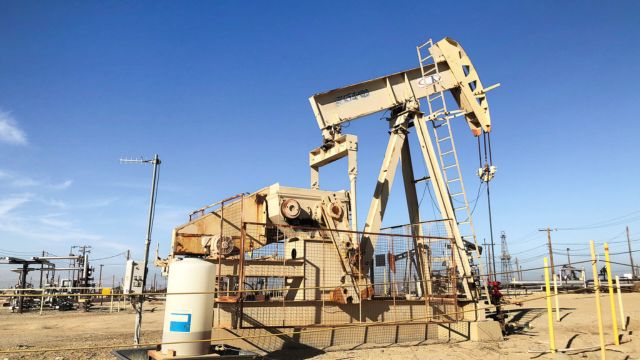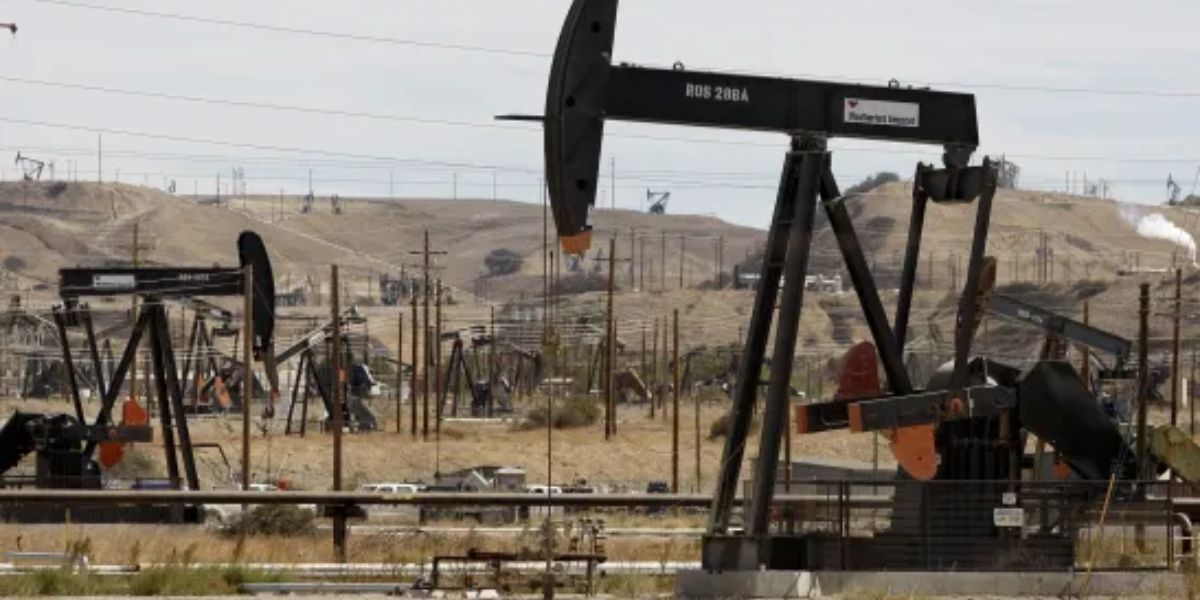MJP –
Governor Gavin Newsom signed three bills into law today that will expedite the cleanup of California’s dormant oil wells, permit local governments to limit oil drilling and close down one oilfield with minimal production.
An unincorporated area of Los Angeles County will have an oilfield shut down and its oil wells sealed by 2030 as a result of Assembly Bill 2716. For the years 2025–2027, oil corporations are required by Assembly Bill 1866 to cut out 5–15% of their idle wells annually, increasing to 10–20% in the succeeding years.
To tackle the issue of new well drilling, Assembly Bill 3233, the third measure, would grant the power to local governments to “limit or prohibit oil and gas operations or development in its jurisdiction.” Court rulings blocking Monterey County and Los Angeles city ordinances spurred the measure.
We will not rest until we educate the public with factual journalism, ensure that our government is held to account, and foster stronger connections with our readers by covering issues that impact their everyday lives. Help from the community is crucial if we are to carry out our objective. Please consider supporting local news outlets today.

These new regulations are Newsom’s “get tough” strategy against the oil business, which he praised. The safety of communities near oil wells, however, may have to wait longer thanks to another big move by his government during this legislative session.
The Newsom administration asked for extra time to investigate reports of oil and gas leaks from wells near residential areas and schools, citing the need to monitor the wells for potential contamination of the air and water. In response, a law was passed by the Legislature delaying the requirement to monitor wells for three and a half years, until July of 2030. While at today’s news conference he declined to comment, Newsom still hasn’t signed it.
While the new regulations are an improvement, the environmental group Center for Biological Diversity told CalMatters that “there’s more work to do” because efforts to safeguard communities from leaking wells have been postponed.
Group Climate Law Institute attorney Hollin Kretzmann expressed concern that “frontline communities will wait longer for much-needed pollution protections” due to the delay. “While we honor these bills as historic accomplishments, our work will not be done until every citizen of California receives the future they deserve, one that is free from the pollution caused by oil and gas.”
The oil industry ended its June campaign to have the two-year-old law repealed by a ballot initiative.
Many low-income minority neighborhoods in California, such as those in Kern County, Long Beach, and Los Angeles, are located within three hundred twenty feet of an oil or gas well. This impacts over 2.5 million people in the state. Numerous health impacts, including an increased risk of preterm delivery and low birth weight, have been associated to being in close proximity to wells, according to research.
On a soccer field in Baldwin Hills, a suburb of Los Angeles, with the Inglewood Oil Field in the background, Newsom praised one of the initiatives, calling it “empowering local communities to go further than the state itself.” To make oil firms responsible for dormant wells, he continued, was the Legislature’s “absolutely right” move.
There will be a 12-month cap on the operating duration of low-producing wells in the Inglewood Oil Field beginning in 2026. By the end of 2030, all wells in the expansive field will be sealed and turned off.
Western States Petroleum Association chief executive Catherine Reheis-Boyd called the governor’s actions “political theater,” saying that the new rules will increase dependence on imported oil, cause job losses, and make gas prices for Californians go up. An increase in regulations, she argued, would not benefit Californians or bring down gas prices.
Newsom was very critical of the businesses. “They’re completely taking advantage of you,” Newsom stated. A major oil company has been deceiving and stealing from you.
To buy himself more time to convince lawmakers to pass a set of energy laws he was unable to get through in the last weeks of the regular session, Newsom convened a special session of the Legislature to discuss gas pricing.




